Will SHIP IT Revitalize Trucking? Better Truck Parking, Tax Credits
The Ship It Act is a proposed bill that can have a fundamental impact across the trucking industry. The Future of Trucking Rev up your engines truckers, a game-changing piece of legislation is rolling into the House of Representatives! The Safer Highways and Increased Performance for Interstate Trucking (SHIP IT) Act is set to take the nation’s trucking industry to new heights with nearly $800 million in funding for essential upgrades. Co-sponsored by Reps. Dusty Johnson (R-S.D.) and Jim Costa (D-Calif.), this bill promises to tackle one of truckers’ biggest headaches – finding a safe and secure place to park. Get ready for expanded truck parking access across the country and a much needed boost for the trucking industry. Put Up A Parking Lot The implementation of the SHIP IT Act makes funding for trucking projects, such as paving and parking, more accessible. The significance of parking is often underestimated outside the industry. With a shortage of 1 parking spot per every 11 semis in the US, drivers are forced to work unfavorable hours, causing longer delivery times. This can greatly impact commercial drivers and have a ripple effect on daily life. The funding will also enhance rest stops with better and safer restrooms, addressing the issue of gender-related safety concerns and encouraging diversity in the truck driving profession. Widespread Benefits Across the board industry leaders have been backing and showing support for the bill. The parking made available to our nation’s transportation experts has been an issue for a long time. According to Rep. Johnson, a member of the transportation panel, there are several economic benefits associated with a vibrant supply chain. “The SHIP IT Act will bridge gaps, keep costs down for consumers, and make it easier for shippers to move products across the U.S,” Johnson said. This bill would provide tax incentives, streamline the commercial driver’s license process, and provide economic benefits for individuals planning to join the trucking workforce. A Difference in Opinion Although many are in agreement that the trucking industry needs an upgrade, some argue that the SHIP IT Act falls short in addressing the root causes of the driver retention problem. Lewie Pugh, Executive Vice President of OOIDA, states that the bill fails to provide adequate compensation for truckers and does not address the lack of respect for truckers’ time from carriers and shippers. Pugh looks forward to working with Reps. Johnson and Costa to create policies that truly benefit truckers and improve the overall supply chain. Other Impacts The SHIP IT Act promises to revolutionize the trucking industry by providing a range of incentives for truck drivers. Not only will the bill streamline the CDL process to make testing and licensing easier, it will also make the industry more accessible than ever. Existing truck drivers with at least 1,900 hours on the road in a year can enjoy tax credits worth up to $7,500, based on their income, and new truckers can be eligible for a $10,000 tax credit. In times of crisis, states will have the ability to issue special permits for overweight vehicles and loads. The SHIP IT Act is a comprehensive solution to the trucking industry’s challenges and will provide a boost to truck drivers and businesses alike. Endorsement from Stakeholders The proposed legislation has received widespread support from the trucking industry. Sean Joyce, the executive director of the Shippers Coalition, declared: ‘Our supply chain is at a breaking point, and the introduction of the SHIP IT Act is a critical step in building a stronger transportation network.’ Chris Jahn, President and CEO of American Chemistry Council, added: ‘This bill removes numerous regulatory barriers that will make it easier for truckers to do their job — delivering critical products across the country.” Conclusion The act truly represents a pivotal moment for the trucking industry, offering vital funding for parking projects, incentivizing truck drivers, and enhancing access to crucial parking and rest areas. This transformative legislation has received widespread endorsement from key stakeholders, and is poised to fortify the nation’s supply chain and boost the U.S. economy. Thanks for taking the time to read this article! We hope you found the information interesting and helpful. If you’re in the market for a new career opportunity or looking to fill a position, we’re here to help. Our team at Optimum Logistics specializes in both CDL and warehouse jobs, and we’re dedicated to connecting you with the right opportunity. Don’t hesitate to reach out if you have any questions or need assistance. Stay Safe Out There! – The Optimum Logistic Team

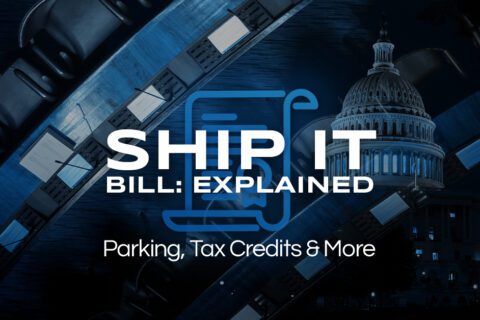
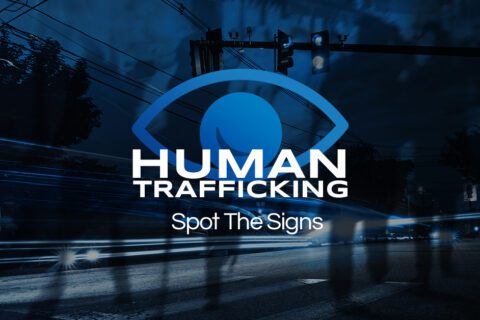


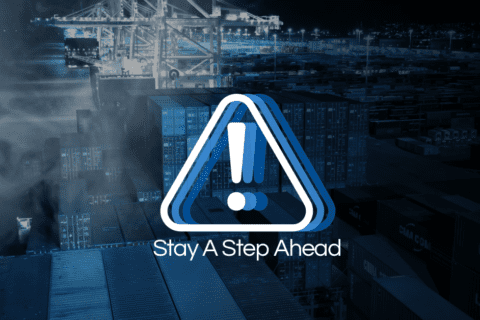

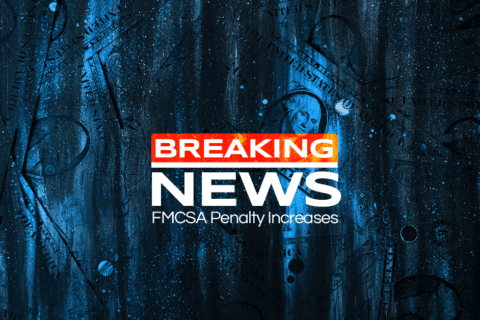
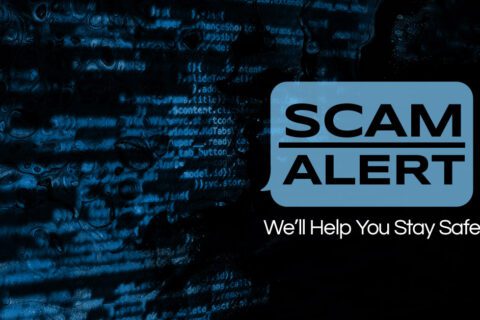
Recent Comments